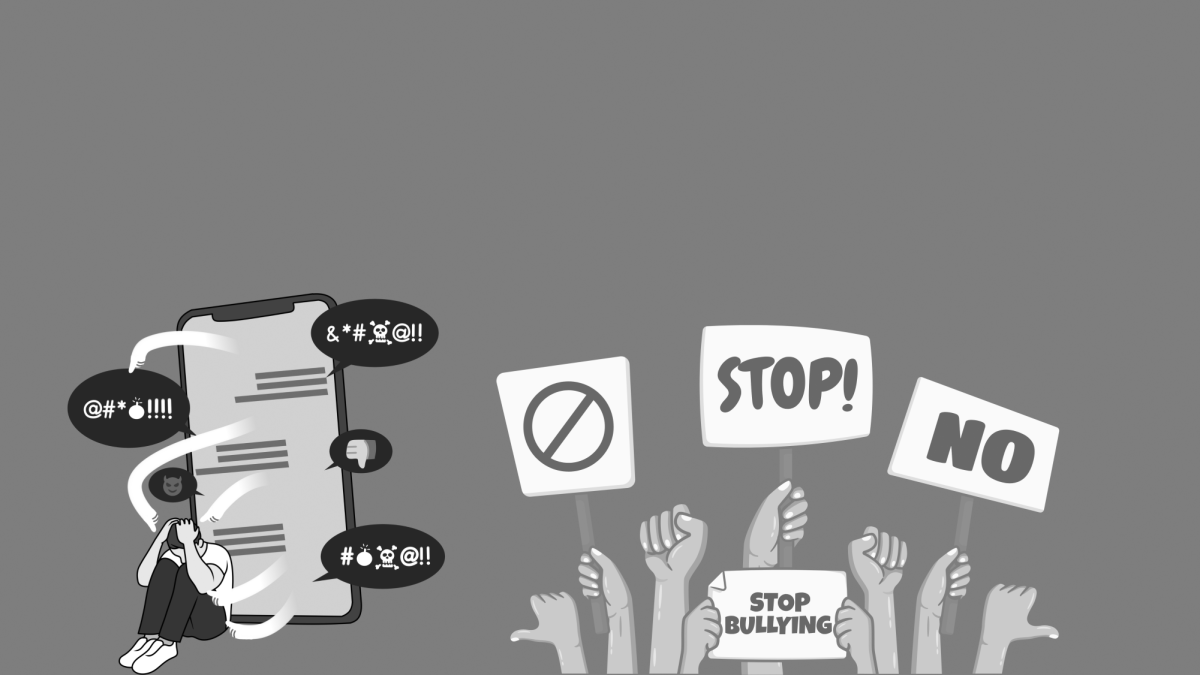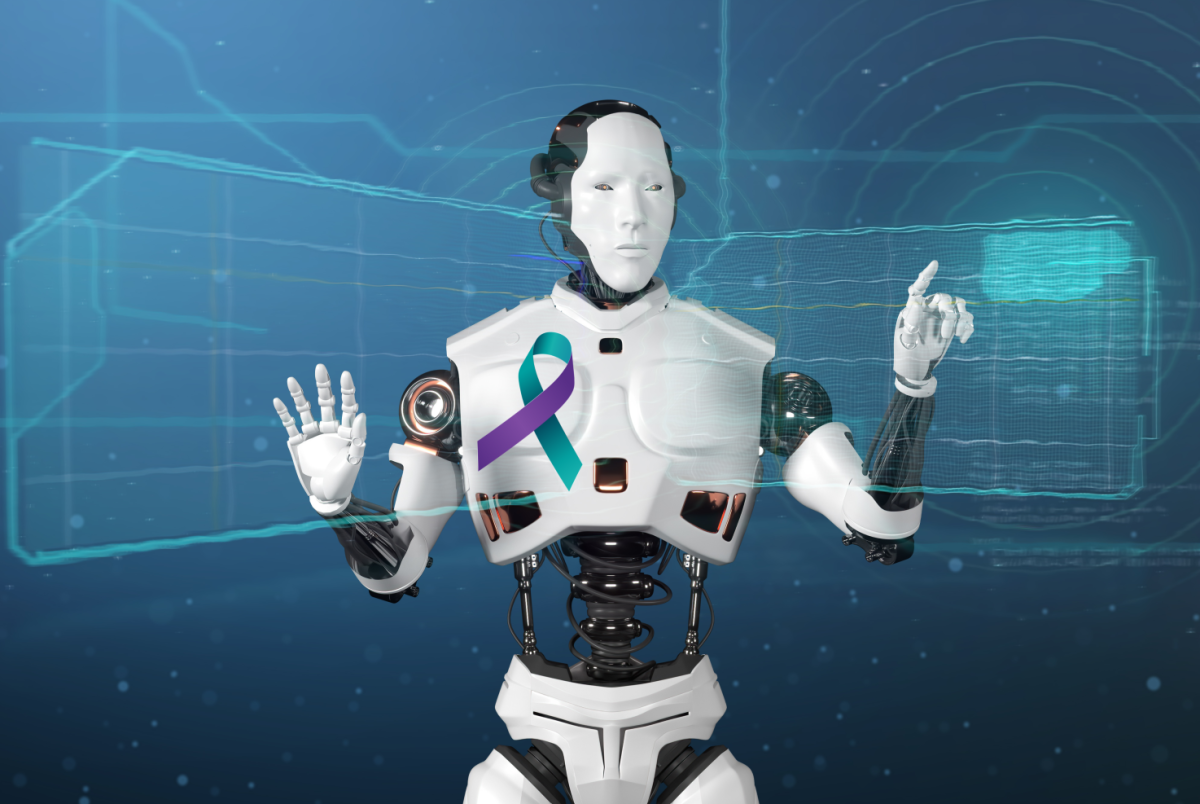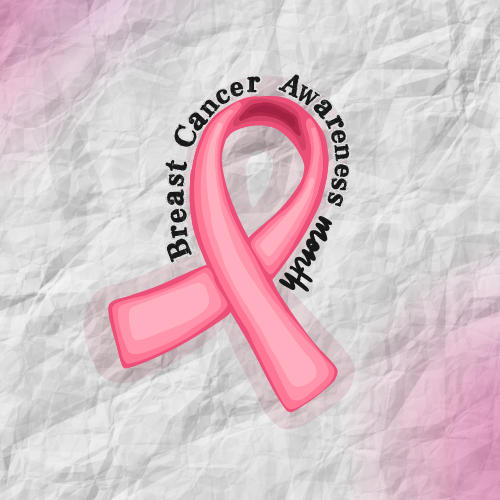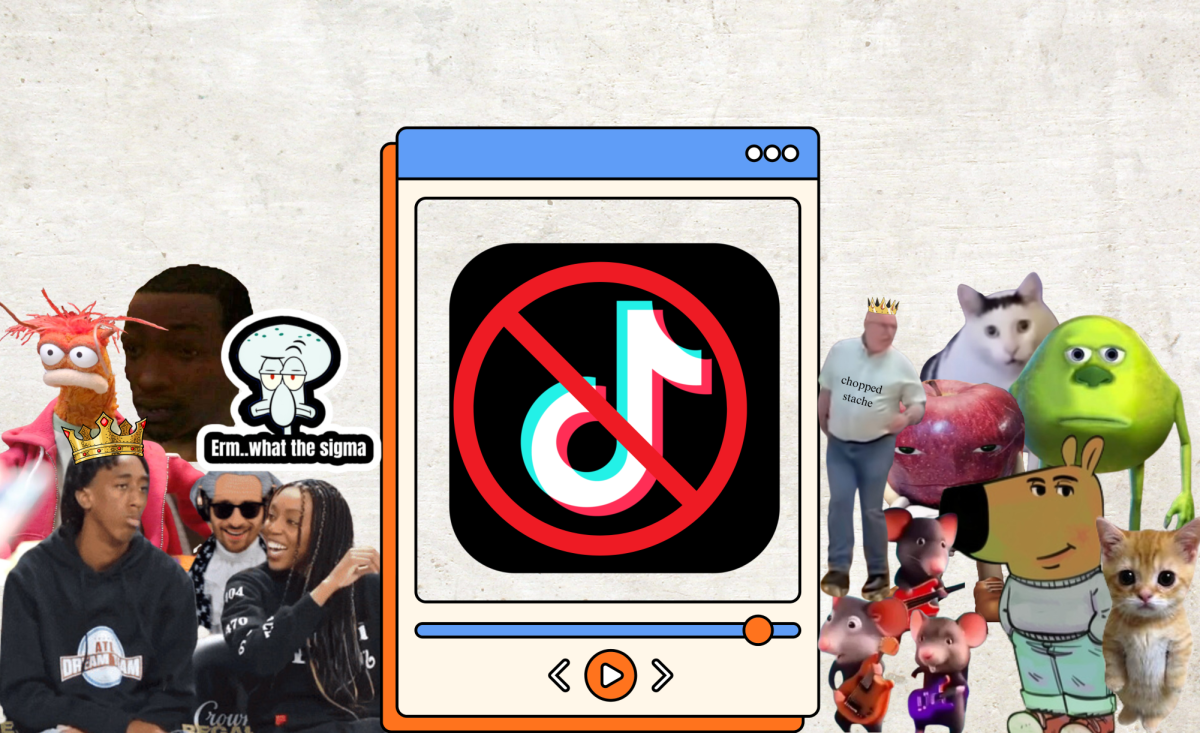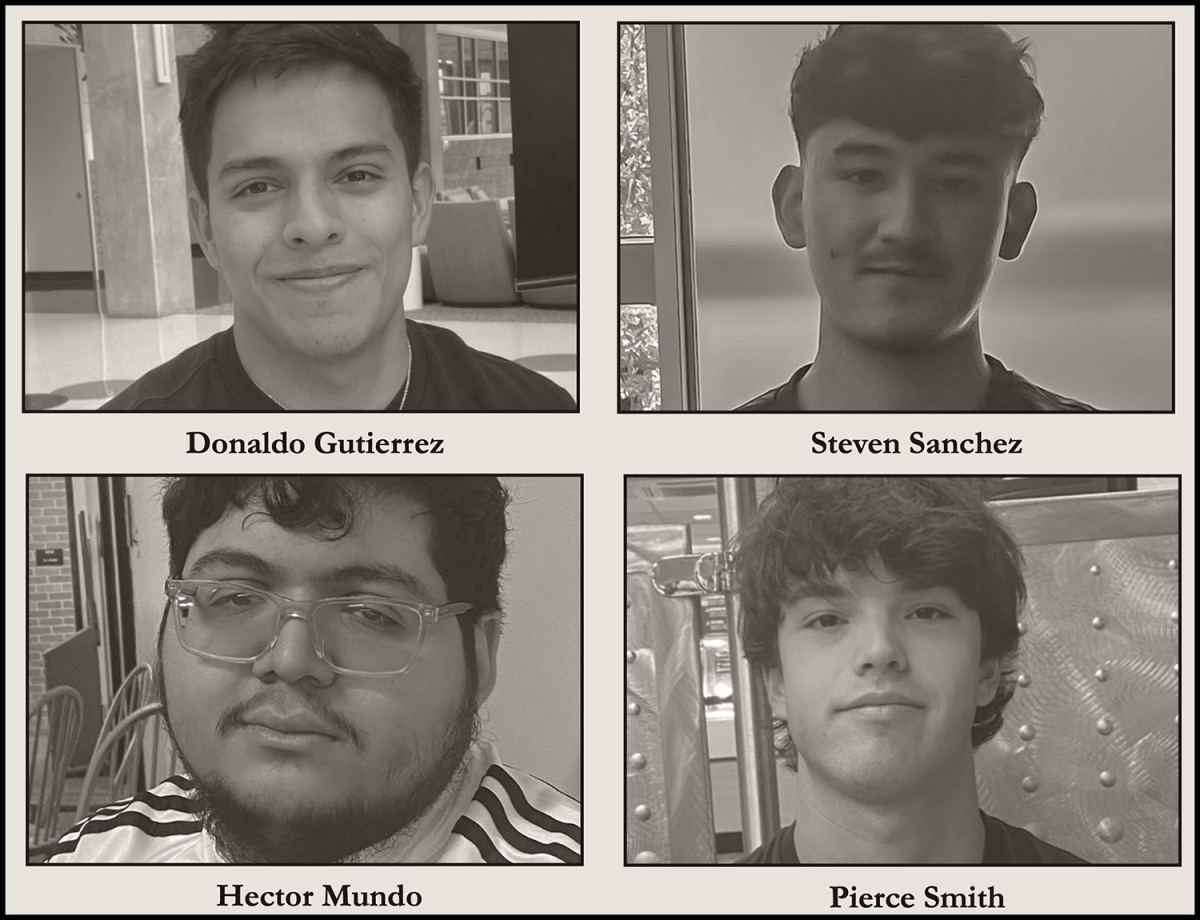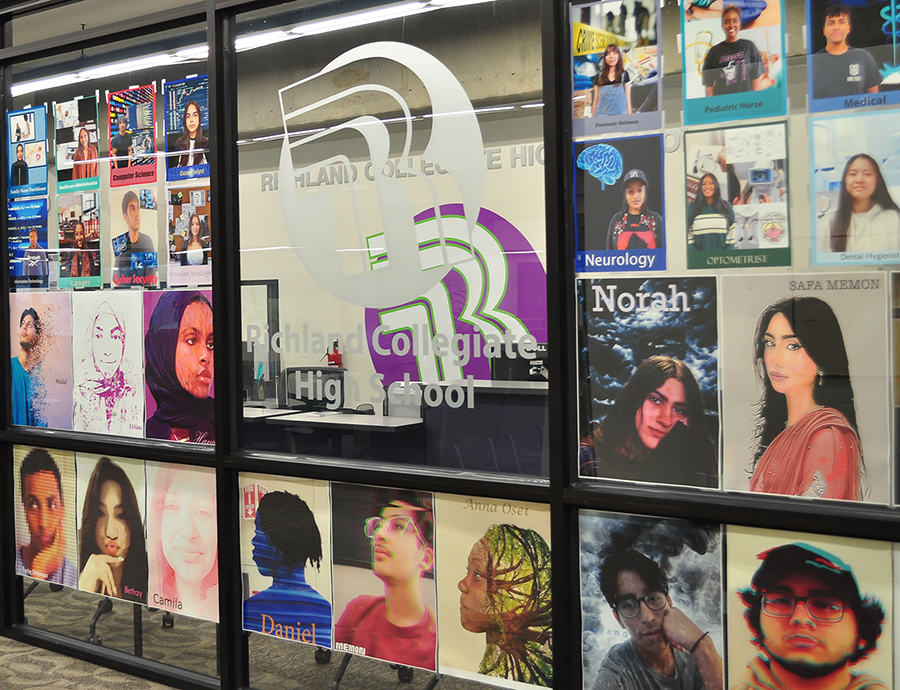Bullying, both in-person and online, continues to be a widespread issue affecting people of all ages, with particularly damaging effects on mental health. Dallas College psychology professor and licensed psychologist Dr. Jennifer Jones said, “We used to be able to escape being bullied, like at school and things like that, you know? You’d be picked on at school, you go home, you’d have a safe haven. But now with social media and everything else, kids are just brutally bullied at times, virtually. It doesn’t get to go away from them.”
Research has consistently shown that bullying, rather it be physical, verbal or cyber-based, can lead to a range of long-lasting mental health issues, including anxiety, depression, and in severe cases, suicidal ideation. To understand why bullying exists, experts have gone into the minds of bullies and discovered that most bullies suffer from narcissistic personality disorder.
“The brain, the frontal lobe, is not fully developed as far as we know until 25 years old, so a lot of people below that age are processing things more emotionally,” Jones said. Therefore, most college students may process conflict, make decisions or deal with bullying on an emotional level rather than a logical level. Whereas a student over 25 will handle some of those same situations logically rather than emotionally. What this means is, although bullying effects people of all ages, the psychological effects of bullying will have on a student under the age of 25, may cause more mental damage than a person bullied over the age of 25.
“Bullies, we used to think, were very low self-esteem, they feel bad about themselves, so they have to pick on other people. Well, neuroscientist research has found that bullies are actually narcissistic and really full of themselves and feeling very big and better than and that’s why they pick on others” Jones said. She went on to discuss a study called The Narcissistic Personality Inventory or NPI, a questionnaire that measures narcissism at a subclinical level, was taken on a group of prisoners as well as a group of college students. The results were, the criminals felt better about themselves than the college students did. This shows that although the prisoners were in prison for theft, murder and other crimes, somehow, they still felt better about themselves than people going after their college education and trying to be a contribution to society.
When asked if narcissistic personality disorder can be unlearned or altered, Jones said, “True narcissism is a personality piece of us and personality is about 50% wired. You can never be a narcissist and turn into a non-narcissist perse, but knowledge is power, and if people are willing to recognize some of the faults in their behavior via therapy, self reflection, then they can overcome and unlearn some of the behaviors.”
Combating mental health and bullying can be a tough process, however, Dallas College has counseling services and resources that can help get their students through. After meeting with Dallas College counselor Nykesha White, she was asked, what some of the early signs of mental illness that students should look out for; she said, “It really depends on what the struggle is, or what the ultimate diagnosis may be. But I would say if they notice differences in their mood, am I finding it difficult to control my behavior, are my emotions overwhelming, am I sleeping well, crying uncontrollably,” are questions to ask oneself, according to White. She said self-care is one of the best ways to notice mood or personality changes.
When asked what self-care looks like, she said it looks different in everyone’s life. It may look like more sleep, or dancing, joining a painting class or anything that takes you away from your daily hustle and bustle at least 15 minutes each day. “Slow down and assess,” White said, adding, “When you’re always in go mode, a lot of times we don’t pay attention to changes in our behavior.” Furthermore, “thanking 15 minutes in the day to do something that is not a responsibility. Exercise is one of the best coping skills. A 15-minute walk releases serotonin in your system, which will increase one’s mood.”
White was asked, what advice she would give to students who are hesitant to seek mental health counseling. “I think it is important that we view mental health the same way we view physical health. If my leg is broken and I’m in pain, no one can tell me not to get my leg looked at, so I think we have to look at mental health the same way.”
Students may be hesitant to seek counseling or to book their first session with a psychologist because of cultural differences and other factors. However, White said, “Counseling is confidential and you do not have to share it with anyone, but what should be in the forefront is what we need to do for ourselves.”
If counseling or psychological services are needed, the Dallas College counseling office has a call center that is open Monday-Thursday 8 a.m. to 10 p.m. and Friday from 8 a.m. to 5 p.m. After-hours calls are routed to mental care, a mental health services group in the community. Also, those interested may search the Dallas College website and search counseling to book an in-person appointment.
October is National Bullying Prevention Month. Dallas College was scheduled at press time to have an event on Oct.16 from12:30 p.m., to 1:30 p.m., called Unity Day. Dallas College counselors White and Katie Neff organized Unity Day Walk to promote kindness, acceptance and inclusion on campuses.
“We started Unity Day three years ago. We started it because October is National Bullying Prevention Month, so we decided to do this walk, for students and staff because we do know that when students are bullied it can be detrimental to their mental health,” White said.

